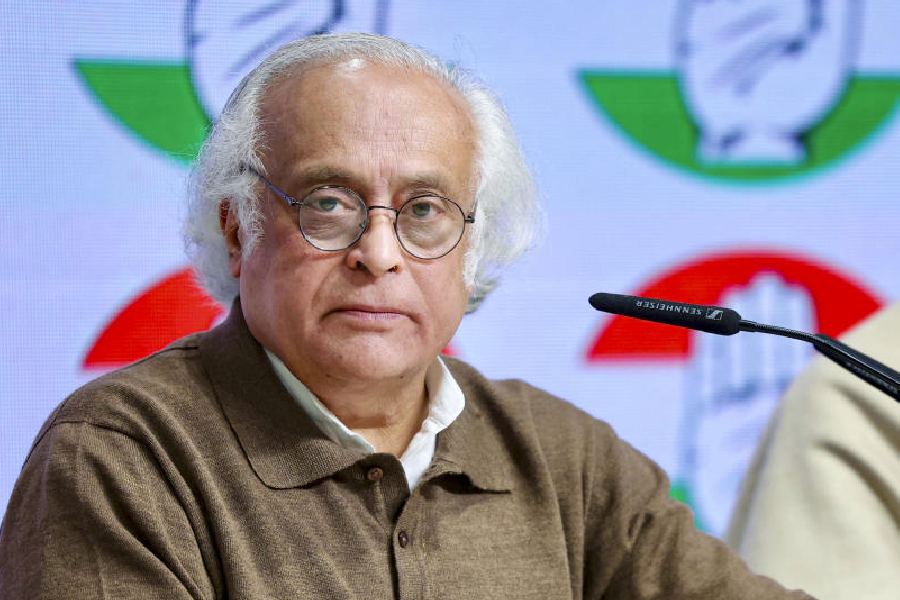It’s tiny, but essential. Without it we’d sometimes misread written English. Yet, of its three common uses today, one is nearly always wrong. I’m talking of the apostrophe. This useful punctuation mark is not ancient. You’ll find it at times in Chaucer in one use, to mark an omitted letter. He writes once of th’ estat, th’araie, the nombre of his Canterbury pilgrims; and, more often, n’, representing ne — not or nor — as in n’olde, meaning nor would, or n’is, meaning there isn’t.
But the commonest modern use is missing: the genitive ’s. To Chaucer, he was not writing the miller’s or the knight’s tale, but the milleres and the knightes, the spelling of his time and long after.
Today’s usage is in fact quite recent. When Francis Bacon dedicated his famous essays, soon after 1600, to the Duke of Buckingham, he wrote a good name is like a precious oyntment...such will your graces name bee. The modern your grace’s was in use but not entrenched until around a century later.
It has its problems. For euphony’s sake, plurals ending in -s get only an apostrophe, not ’s. And we extend this to some singular names ending in -s, as with Xerxes’ army or in Jesus’ name. Yet we write the ugly Mr Jones’s house. Why? The traditional rule is that modern s-ending names get ’s, “classical” ones an apostrophe only. But (even if one knows which is which: what about Erasmus?) this now sounds old-fashioned; these days, I would write Socrates’s disciples.
Modern myth
The usage has also grown a modern myth: that you can add the ’s only to names or nouns denoting people, but for others must write of such-and-such. Nonsense. Wordsworth wrote of a primrose by a river’s brim; Shakespeare of a pin’s fee and the law’s delays. The myth holds a grain of truth: for people, we do prefer ’s to of. But that is no rule, merely a preference.
In contrast to this usage, another one is tending to die out: the apostrophe to replace an omitted letter.
The 18th century loved (or lov’d?) such usages as this from Pope: Rejoic’d of all the num’rous Greeks to see... A century ago, writers regularly used an apostrophe for the missing H of Cockney speech. A famous cartoon caption in Punch read: ’Eave ’arf a brick at ’im. But changes of taste have driven this out.
We can still write fo’cs’le of a ship, but may equally write focsle. Cap’n is dying out of boys’ stories. Even such a newborn usage as rock ‘n’ roll, I suspect, will soon be a newly dead one: text-messagers don’t use apostrophes.
Weird plurals
In one area, however, the missing-letter apostrophe flourishes as never before: in words like I’m, he’s, you’re, I’ll, we’ve, I’d and their like. And in the negative: can’t, mayn’t, oughtn’t, won’t, couldn’t, didn’t, haven’t and others. Indeed there can be two in one word: he shouldn’t’ve done that.
In such uses, the apostrophe does what no other punctuation mark can: it alters pronunciation. I wouldn’t recommend these usages for all purposes. But they represent the real speech of real people; writing a column like this, I employ them regularly. And so to the third use. In my local market, stallholders habitually mark their wares apple’s, onion’s and the like. Well, stallholders OK, you think? My wife’s grand-niece is choosing which of several university’s to apply to —and some of their staff wouldn’t spot the mistake.
Why this weird plural sprang up, no one knows. There’s no logic in it, as there is in some misuses. Yet it has far-off precedents: MP’s, MiG’s, FAQ’s; and the 1750’s. In all such cases, you can omit the apostrophe, and I do. But even I try to dot my i’s, cross my t’s and mind my p’s and q’s.










